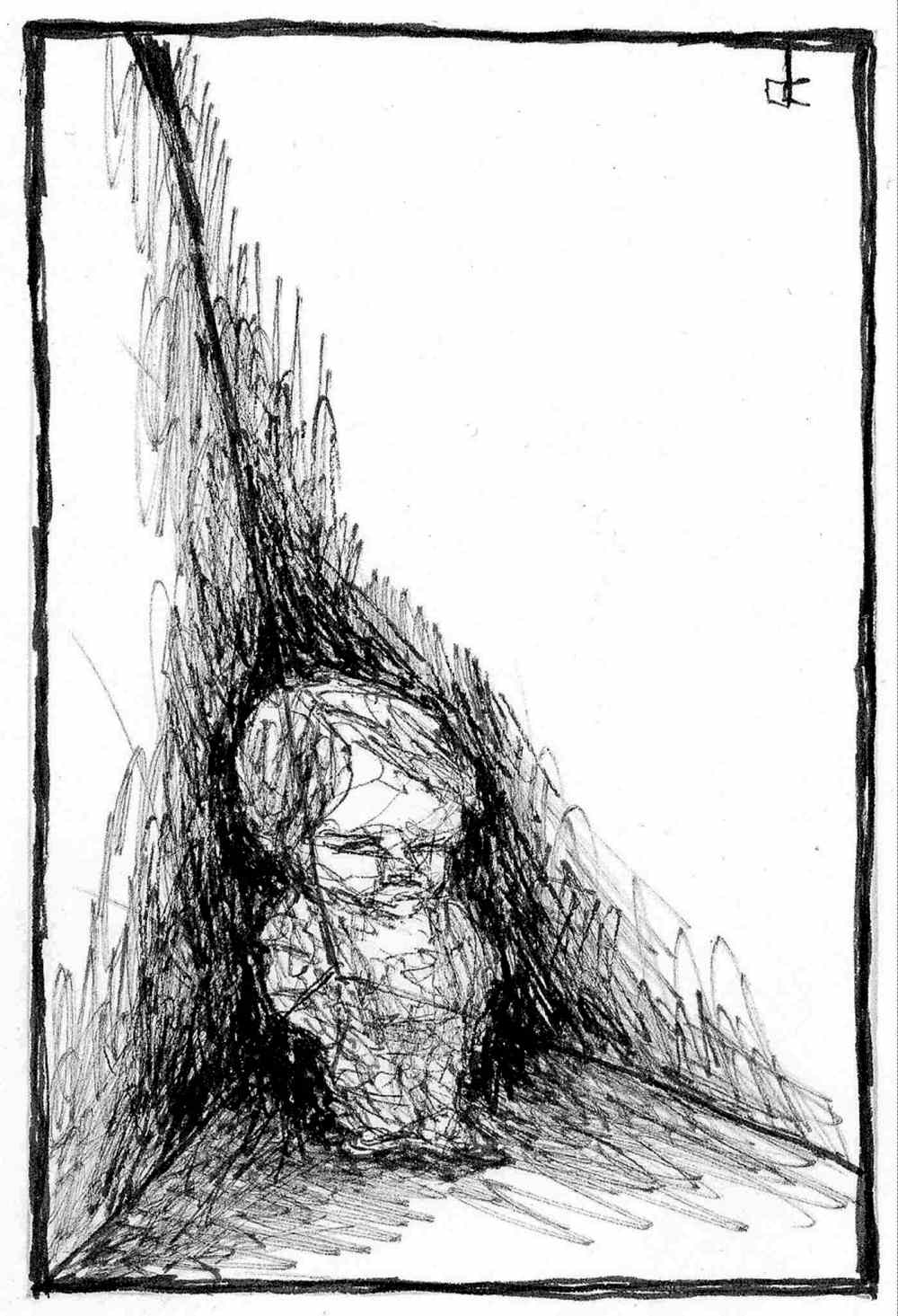System failed Phoenix
Advertisement
Read this article for free:
or
Already have an account? Log in here »
To continue reading, please subscribe:
Monthly Digital Subscription
$0 for the first 4 weeks*
- Enjoy unlimited reading on winnipegfreepress.com
- Read the E-Edition, our digital replica newspaper
- Access News Break, our award-winning app
- Play interactive puzzles
*No charge for 4 weeks then price increases to the regular rate of $19.00 plus GST every four weeks. Offer available to new and qualified returning subscribers only. Cancel any time.
Monthly Digital Subscription
$4.75/week*
- Enjoy unlimited reading on winnipegfreepress.com
- Read the E-Edition, our digital replica newspaper
- Access News Break, our award-winning app
- Play interactive puzzles
*Billed as $19 plus GST every four weeks. Cancel any time.
To continue reading, please subscribe:
Add Free Press access to your Brandon Sun subscription for only an additional
$1 for the first 4 weeks*
*Your next subscription payment will increase by $1.00 and you will be charged $16.99 plus GST for four weeks. After four weeks, your payment will increase to $23.99 plus GST every four weeks.
Read unlimited articles for free today:
or
Already have an account? Log in here »
Hey there, time traveller!
This article was published 01/02/2014 (4329 days ago), so information in it may no longer be current.
If only a few people in the child welfare system had done their jobs, Phoenix Sinclair might be alive today. Think about that. If the social workers and supervisors who managed the little girl’s case had followed existing polices at Winnipeg Child and Family Services, the tragedy could have been avoided.
There would have been no inquiry and no exhaustive list of recommendations, many of which are warmed over bromides from the past, such as the need to tackle the root causes of poverty and to put the needs of the child above all else.
Even the idea that all of society and all of government must get involved in protecting children sounds familiar to the idea that it takes a village to raise a child, which isn’t to say it has no validity.

During the inquiry into her death, social workers and senior staff repeatedly complained about staffing shortages, but commissioner Ted Hughes rejected the excuse.
“There is no evidence that workload had a direct impact on the services delivered, or not delivered in this case,” Judge Hughes said. Workers simply did not do their jobs.
The agency’s last opportunity to intervene to protect Phoenix came in March 2005 when it received a report that she was being abused by her mother, he said. “A file was opened, an investigation done, and the file closed within five days, all without anyone having laid eyes on Phoenix, and despite the history of this dysfunctional family… all easily available in the agency’s own files to any worker who took the time to look.”
Family Services Minister Kerri Irvin-Ross was evasive on the question of whether anyone had or would be disciplined or held accountable, but the Hughes report suggests the system was broken from top to bottom.
He said workers and their supervisors did not even appear to understand why Phoenix might be in danger and “therefore failed to address the circumstances that put her life at risk.”
The real question, then, isn’t whether someone should have been fired, but how a system with a 100-year-old history of dysfunction and a cupboard full of operational reviews was still so unequal to the task?
Part of the answer can be found in the complete lack of accountability and quality assurance within the organization, a problem that has persisted despite warnings from the provincial auditor over the years.
Since Phoenix’s death, the government has committed $42 million to improve accountability, transparency, training and education, but it all has the sound of something the public has heard before.
In an effort to bolster confidence in the proposition that this time they really mean it, Ms. Irvin-Ross said the child and family services department would implement a system of critical-incident reviews similar to those used in the health-care system.
In a health-care setting, critical incidents are declared when unintended serious harm is caused to a patient. The case is reviewed, but the investigation process is confidential to encourage workers to speak frankly and openly about what occurred.
As the inquiry was told, however, good management is the key to ensuring workers are following best practises and existing policies.
Judge Hughes made several recommendations for improving supervision and quality assurance, but they need to be monitored on an ongoing basis to ensure there is no slippage in standards.
Among other broad-ranging ideas, the judge says Manitoba should introduce a Children’s Charter, similar to one being considered in Alberta, that recognizes the rights of children to be treated with dignity. Such measures can have the effect of gradually raising awareness to society’s problems and stirring a sense of duty.
The province’s most urgent task, however, is to rebuild its discredited child welfare system.


